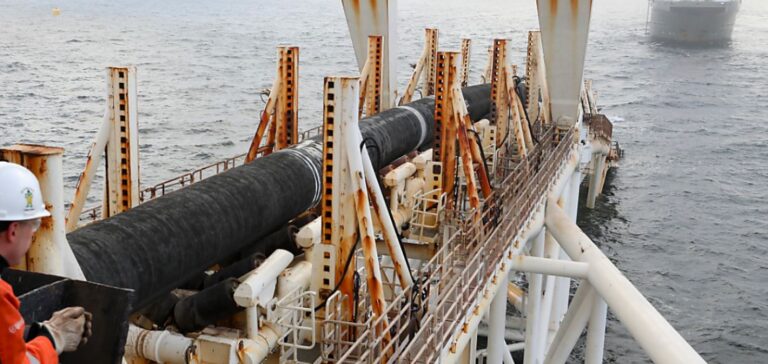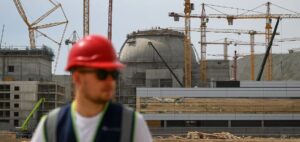A fourth leak has been identified in the Baltic Sea above the Nord Stream gas pipelines targeted by alleged sabotage, the Swedish Coast Guard said Thursday.
“There are two leaks on the Swedish side and two leaks on the Danish side,” an official from the Swedish authority told AFP.
Until now, the authorities of both countries had reported one leak on the Swedish side and two leaks on the Danish side.
Following two suspicious explosions that took place on Monday morning and evening, these are in international waters off the Danish island of Bornholm but in the respective exclusive economic zones of the two Scandinavian countries.
The Swedish Coast Guard could not immediately specify why the report of this new leak was made late. But the two leaks on the Swedish side are located in the same area, they said.
“Distance is something subjective but they are in close proximity to each other,” the Coast Guard official said.
The authority was not able to confirm Swedish media reports that this new leak is located above the Nord Stream 2 pipeline.
Sweden had so far reported a leak over Nord Stream 1 northeast of the island of Bornholm. Denmark has confirmed a leak on Nord Stream 2 to the southeast of the island, and another to the northeast over Nord Stream 1.
The vast leaks are causing significant marine boils several hundred meters wide on the surface, which make it impossible to inspect the structures immediately, according to the authorities.
Subject of all suspicions after the alleged sabotage of the Nord Stream gas pipelines in the Baltic Sea, Russia counter-attacked Wednesday, pointing to the United States and obtaining a meeting of the UN Security Council, Washington denouncing in return a new operation of “disinformation”.





















